政治经济学(荣誉)文学士学位
BA (Hons) Economics and Politics

学历文凭
Bachelor Degree with Honours

专业院系
Economics and Finance

开学时间

课程时长

课程学费

国际学生入学条件
IDP—雅思考试联合主办方

雅思考试总分
6.5
- 雅思总分:6.5
- 托福网考总分:80
- 托福笔试总分:
- 其他语言考试:Pearson Academic PTE - 62 (with no less than 59 in each Communicative Skill) Cambridge C2 Proficiency or C1 Advanced - 176 with a minimum of 169 per component
CRICOS代码: LL12
申请截止日期: 请与IDP联系 以获取详细信息。
课程简介
Combine the study of key principles in economics with modern political systems and learn how the two areas can work together to benefit society. Economic and political theory shapes the decisions made in our society at every level. From the economic effects of climate change to healthcare policy, or the distribution of social funding to the legitimacy of cryptocurrency, the fields of economics and politics have a significant impact. BA Economics and Politics explores the connections between these two closely linked disciplines. You will develop your own views on a wide range of current issues and build a skill set that will help you make sense of some of society’s biggest challenges. And when you study at Durham, you’ll develop these skills in a vibrant and intellectually challenging environment. You can also apply to add a placement year or a year abroad to your degree, increasing the course from three years to four. Learning from an academic team with expertise in contemporary economic and political issues, you’ll be well prepared for a career in the finance services, economics or commerce. In addition, the critical and analytical skills gained on the course extend your options to include the fields of journalism, public policy, education, international development, the charity sector and beyond.You’ll divide your time equally between the two disciplines, studying a diverse range of topics such as world economy, macro and microeconomics, corporate finance, international relations and political systems. Years 2 and 3 offer a wide selection of option modules which allow you to adjust the balance of subjects to broaden your experience or focus on your major area of interest.Course structureYear 1 modulesCore modules:Principles of Economics provides a sound foundation for modules in micro- and macroeconomics. You will cover areas including methodology of economics, supply and demand, consumer spending choices, competition and growth theories.Economic Methods familiarises you with the use of mathematical and statistical tools in solving economic problems. You will look at equations, matrix algebra, calculus, statistics, distribution, confidence intervals and hypothesis testing.The World Economy provides knowledge and understanding of the features of different types of economy, and of world trade and the international financial system. You will learn about international trade theory, economic growth and cover some of the key concepts relating to developments and crises in the world economy using real-world case studies.Optional modules:In recent years, optional modules have included: Researching Politics and International RelationsIntroduction to Political TheoryIntroduction to Comparative PoliticsIntroduction to International RelationsPerspectives of Political Economy.Year 2 modulesCore modules:Macroeconomics uses real-world examples to analyse the general equilibrium of an economy both in the short term, with a static model, and in the medium to long term, with a dynamic model. Economic Theory develops understanding and applications of microeconomic and macroeconomic theory at an intermediate level. You will cover areas such as consumer theory, money and inflation, economic growth and fiscal policy. Microeconomics aims to develop understanding of the essential components of microeconomics with a particular focus on the analytical skills relevant to consumer and production theories, general equilibrium and welfare.Optional modules:In recent years, optional modules have included: EconometricsBehavioural and Experimental EconomicsIntermediate Economics MethodsMicroeconomic Applications and PolicyMacroeconomic Applications and PolicyPolitics Research ProjectThe Politics of Pacific AsiaFoundations of Western Political ThoughtSovereignty, State and EmpireGlobal Political EconomyDebates in Political TheoryClass and Nation in British Politics.
相关申请
 预科
预科 奖学金
奖学金 实习机会
实习机会 在校学习
在校学习 跨境学习
跨境学习 校园授课-线上开始
校园授课-线上开始 在线/远程学习
在线/远程学习
开学时间&学费
学费信息仅供参考,请与IDP联系以获取详细信息
| 开学时间 | 时长 | 学费 | 地点 |
|---|
学校排名

世界排名114
数据源:
泰晤士高等教育世界大学排名
关于杜伦大学

杜伦大学创建于1832年,是英国历史最悠久的大学之一。杜伦大学建于中世纪世界遗产地旁,有着悠久的历史和现代价值观,是一座备受推崇并拥有前瞻性思维的学府。如今,来自世界各地的18000多名学生在达勒姆就读。杜伦大学有28个系,开设有200多门本科和研究生课程。该校很多教师都处于各自领域的最前沿。教职人员利用出色的研究和学科知识为所有学生提供优质的教学。目前,杜伦大学有17个学科在全球大学中名列前100位,其中九个学科名列前50位。除了在学术上的卓越成就,该校还努力为学生提供支持,帮助他们在毕业后获得有意义的工作。其毕业生就业能力目前在世界上排名第88位。该校的就业与创业中心致力于培养学生的专业技能,并提供商业人脉和工作机会。杜伦大学目前在2020年《QS世界大学排名》中名列第78位,稳稳跻身全球大学百强之列。该校为教职人员和学生创造了一个热情友好的多元化社交环境,并因此而倍感自豪。目前,杜伦大学28%的在校生为非英国本土学生。大学社区处在独一无二的达勒姆求学体验的核心位置,达勒姆的每个社区均是多元化、多学科的社区,由来自不同背景和文化的学者、学生和工作人员组成。有了这些社区,加上该校杰出的支持体系,学生们一定会有宾至如归之感,并可参与大量精彩的课题。
本校相关课程

博士神学与宗教
学历文凭
Ph.D.
开学日期
课程费用总额


MLitt神学与宗教
学历文凭
Masters Degree (Taught)
开学日期
课程费用总额

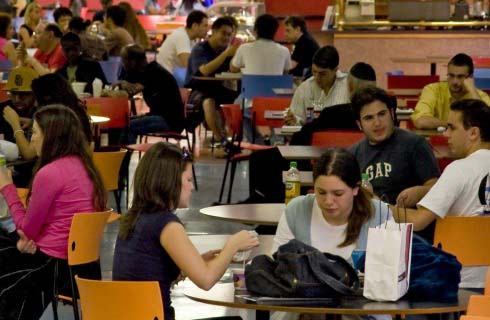
博士学位论文博士学位
学历文凭
Ph.D.
开学日期
课程费用总额


理学硕士心理学研究
学历文凭
Masters Degree (Research)
开学日期
课程费用总额


研究心理学硕士
学历文凭
Masters Degree (Research)
开学日期
课程费用总额

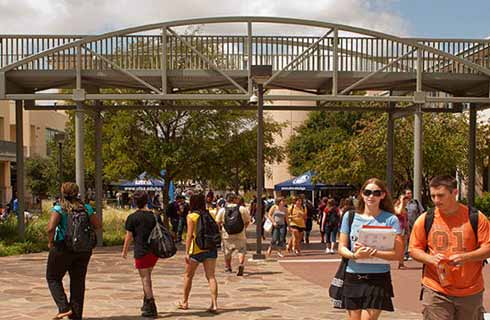
博士哲学
学历文凭
Ph.D.
开学日期
课程费用总额

其他相关课程
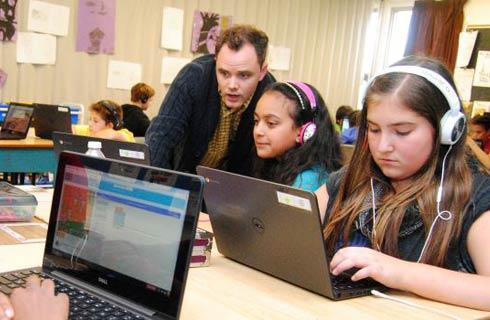
国际关系学荣誉学士学位
 阿德莱德大学
阿德莱德大学学历文凭
Bachelor Degree with Honours
开学日期
课程费用总额

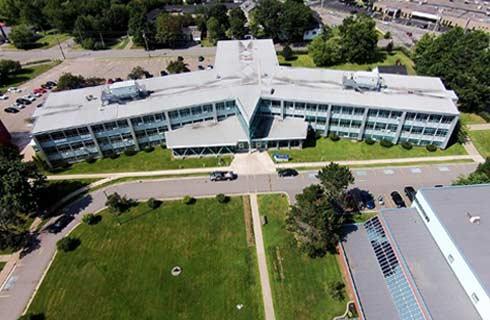
政治与国际关系学士/商科学士
 堪培拉大学
堪培拉大学泰晤士高等教育世界大学排名:470
学历文凭
Dual Degree
开学日期
课程费用总额


政治与国际关系学士/应用经济学学士
 堪培拉大学
堪培拉大学泰晤士高等教育世界大学排名:470
学历文凭
Dual Degree
开学日期
课程费用总额

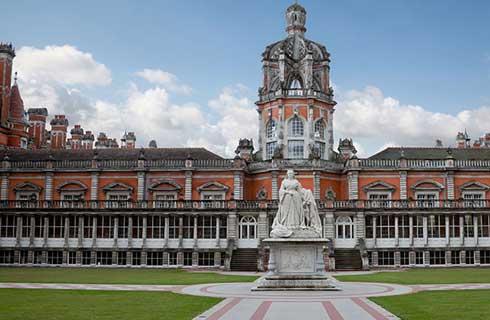
全球研究学士
 悉尼科技大学
悉尼科技大学学历文凭
Bachelor Degree
开学日期
课程费用总额

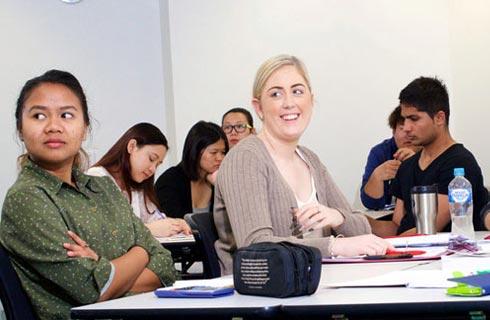
音乐与声音设计学士国际研究文学士
 悉尼科技大学
悉尼科技大学学历文凭
Dual Degree
开学日期
课程费用总额


理学学士/国际研究学士
 西悉尼大学
西悉尼大学泰晤士高等教育世界大学排名:352
学历文凭
Dual Degree
开学日期
课程费用总额










 英国
英国